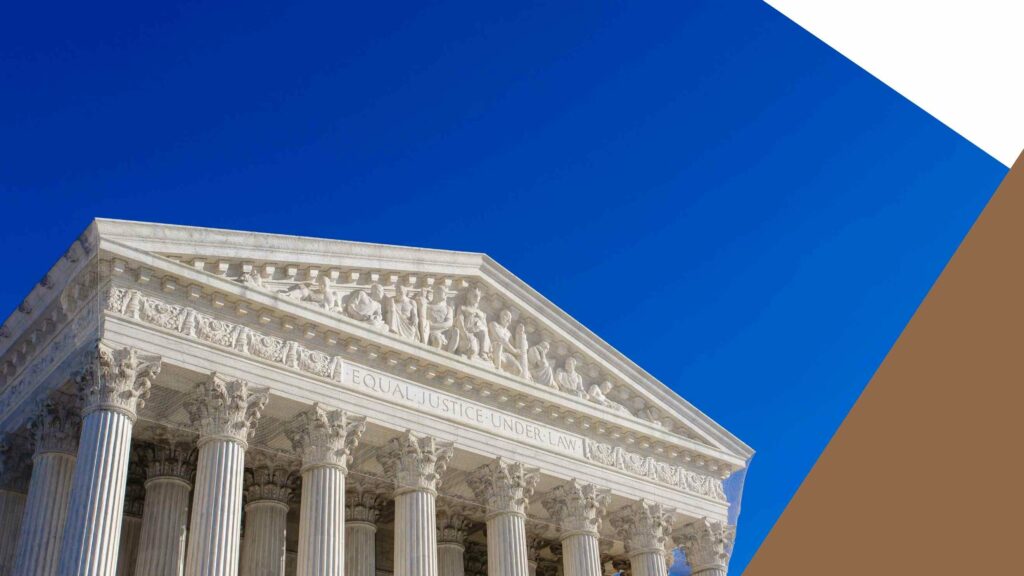Supreme Court Reinterprets Undue Hardship Standard for Religious Accommodations
by Paul Devlin

Employers, as you may know, are obligated under Title VII of the Civil Rights Act to provide reasonable accommodations for their employees’ religious practices and beliefs, as long as it doesn’t create an excessive burden. This ensures that individuals can freely exercise their faith while balancing the needs of the workplace.
Previously, undue hardship—as it applied to religious accommodations—meant “more than a de minimis cost.” The Supreme Court has now reinterpreted undue hardship in this context to mean “a substantially increased cost about the conduct of [the employer’s] particular business.”
While the term substantial isn’t defined, the Court said employers should consider the requested accommodation and its practical impact relative to the nature, size, and operating costs of their business. Note that even under the old de minimis standard, the EEOC indicated in the federal regulations that undue hardship wasn’t likely to be caused by temporary costs, voluntary or occasional shift swapping, or administrative costs.
In essence, this fresh interpretation will pose a greater challenge for employers seeking to reject religious accommodations on grounds of undue hardship. Consequently, it is advisable to be prepared to approve most requests unless there is absolute certainty in demonstrating significantly escalated expenses.



